15 hard questions after San Bernardino
Here's what we all need to ask ourselves about gun violence and terrorism

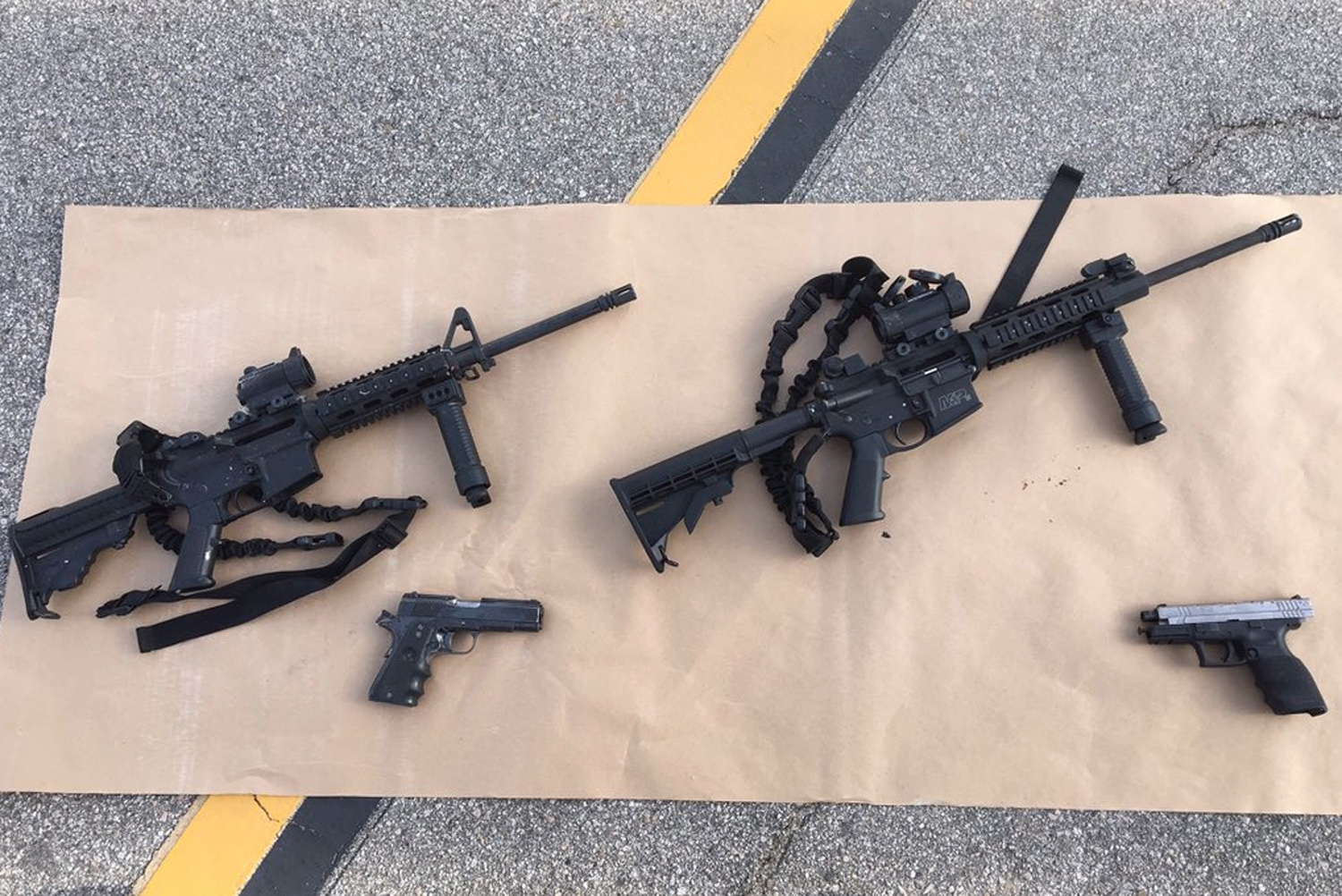
A free daily email with the biggest news stories of the day – and the best features from TheWeek.com
You are now subscribed
Your newsletter sign-up was successful
The San Bernardino massacre has produced a spasm of commentary and intense emotions, a new form of prayer shaming, a presidential speech, and, of course, naked bigotry.
What it has not produced is self-reflection. When we ask, "When are we going to get it?" we usually mean, "When is everyone who doesn't believe in the same things we do going to see the world the way we do?"
As depressing as it is to read the same laments and shouts about how:
The Week
Escape your echo chamber. Get the facts behind the news, plus analysis from multiple perspectives.

Sign up for The Week's Free Newsletters
From our morning news briefing to a weekly Good News Newsletter, get the best of The Week delivered directly to your inbox.
From our morning news briefing to a weekly Good News Newsletter, get the best of The Week delivered directly to your inbox.
- Thou shalt not politicize tragedies!
- Shootings are atrocities, not tragedies.
- We can never know why human beings do these things.
- We're never going to be able to confiscate guns from everyone, so it's hopeless.
- Our hearts and prayers are with the victims.
- Because we can't see what could be done, we shouldn't do anything new.
It's more depressing to realize that we repeat ourselves because we fail to subject our own perspectives to the same scrutiny.
Here are 15 questions I think we all need to ask:
1. To those who oppose gun control: Why wouldn't nationwide restrictions on ammunition purchases along with mandatory government notification of purchases above a certain level make it more difficult for people to stockpile ammunition? How would that not deter at least a small percentage of mass shootings and gang/drug violence? And if it would indeed save lives, or even if it might, what are the policy reasons not to experiment with ammunition restrictions?
2. White, non-Muslim Americans are far more likely to die by the gun of another white non-Muslim American than to fall victim to any sort of terrorist attack perpetrated by Muslims, ever, so how could anyone not find a headline like this: "Antidote offered to Muslim carnage: More Guns" — over a favorable citation of a piece I wrote yesterday about mass shootings — to be willfully, almost dangerously bigoted?
A free daily email with the biggest news stories of the day – and the best features from TheWeek.com
3. If it is true that a neighbor of the home used by Syed Farook to stockpile ammunition and bombs took note of suspicious activities and decided not to inform the police because they did not want to racially profile, doesn't that mean that the neighbor was comfortable privately racially profiling the Syeds already, and didn't want to bring sanction to his own prejudice by acting on that information? Should the neighbor be lauded for checking his bias? Or do we need a different conversation about racial profiling? Further, if the neighbor noticed the same type of suspicious conduct coming from two gingers from Britain, would he have called the police? If the answer to the latter question is "yes," then is there a better way to balance the tradeoffs?
4. Are anonymous terrorism tip lines likely to produce too much information for authorities to make efficient use of them, given the propensity of people to see into the void certain patterns that, when associated with people who are Muslim, make them more likely to call in, knowing that no one will think they are bigots?
5. In a society where we rightly cherish our freedom to be mean, to be rude, to complain loudly, and even to praise our enemies, is an intelligence signal-to-noise problem inevitable? We're learning that in Europe, intelligence agencies have far, far too many people to actually surveil with any degree of fidelity given the basic "threat" threshold. Can free societies realistically expect to prevent all or most mass terrorist attacks when the plot is confined to a relatively small group of people living together?
6. What do gun control advocates have to show for the billions of dollars they've spent over the past 30 years? Without questioning their motivations, is it time for people who support gun control to demand radical new approaches?
7. If the proximate goal of gun control advocates is to reduce the effects of gun violence in the near term, what would you say to temporary solutions that would lead to more civilians or security guards being trained to use firearms (along with a corresponding reduction, in, say, available ammunition)?
8. Don't those who are quick to characterize attacks like the San Bernardino massacre as "terrorism" and therefore of an entirely different character than the Columbine school shootings have a duty to explain exactly, from a policy perspective, what the difference is to the victims of the shootings, and propose different solutions for both?
9. What good does it to call Islamic terrorism "Islamic terrorism" and then do nothing else?
10. What harm does it do to NOT call terrorism clearly inspired by Islamic theology (or a variant of it) that millions of people around the world tell pollsters they adhere to, terrorism that is inspired by a variant of Islamic theology that millions of people around the world believe in?
11. What are the differences between terrorism as perpetrated by al Qaeda and terrorism that is inspired by the Islamic State? Is there literally a single thing the United States can possibly do in the near term to solve the "lone wolf" conundrum without (a) unduly and immorally persecuting innocent Muslims OR (b) offending many Muslims around the world as a matter of policy?
12. Don't those who are quickest to condemn Islam after these attacks have an ethical responsibility to take extra steps to call out anti-Muslim bigotry?
13. When it comes to specifically debating guns, ammunition, and registration policies, why does it matter why Syed and Tashfeen committed these atrocities?
14. Is it possible to address the San Bernardino massacre comprehensively without addressing, forthrightly, both radicalization, and anti-Muslim sentiments?
15. And finally, shouldn't the following six statements from writer Ali A. Rivzi form the basis for all civil conversation about this subject?
"Day-to-day gun violence is more deadly than Islamic terrorism right now because it has killed many more people."
"Islamic terrorism is more deadly than day-to-day gun violence, because if it actually succeeds in its stated goals (such as obtaining weapons of mass destruction as ISIS wants to do), it will kill millions more."
"Islamic terrorism is the most deadly form of terrorism in the world today."
"Anyone who is mentally disturbed or disgruntled and shoots up his school or workplace is a criminal, but is not a terrorist — even if he's Muslim."
"All Islamic terrorists are Muslim."
"The vast majority of Muslims are not terrorists, and should not have to apologize for the few that are."
Marc Ambinder is TheWeek.com's editor-at-large. He is the author, with D.B. Grady, of The Command and Deep State: Inside the Government Secrecy Industry. Marc is also a contributing editor for The Atlantic and GQ. Formerly, he served as White House correspondent for National Journal, chief political consultant for CBS News, and politics editor at The Atlantic. Marc is a 2001 graduate of Harvard. He is married to Michael Park, a corporate strategy consultant, and lives in Los Angeles.
-
 Heated Rivalry, Bridgerton and why sex still sells on TV
Heated Rivalry, Bridgerton and why sex still sells on TVTalking Point Gen Z – often stereotyped as prudish and puritanical – are attracted to authenticity
-
 Sean Bean brings ‘charisma’ and warmth to Get Birding
Sean Bean brings ‘charisma’ and warmth to Get BirdingThe Week Recommends Surprise new host of RSPB’s birdwatching podcast is a hit
-
 Film reviews: ‘Send Help’ and ‘Private Life’
Film reviews: ‘Send Help’ and ‘Private Life’Feature An office doormat is stranded alone with her awful boss and a frazzled therapist turns amateur murder investigator
-
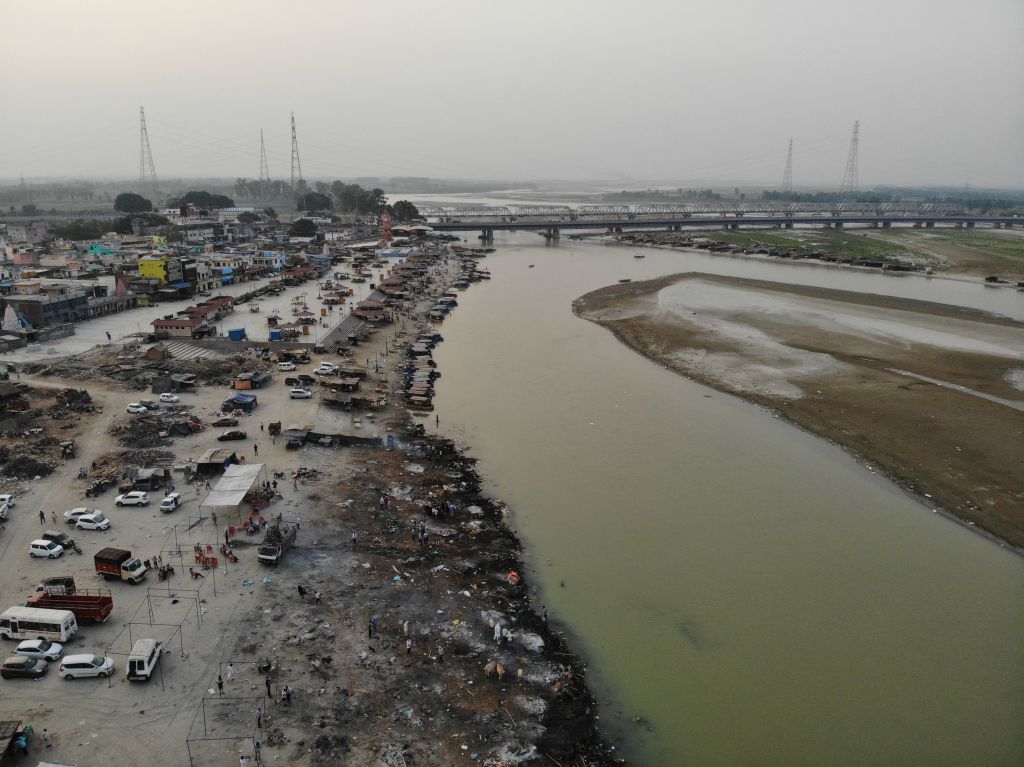 The bodies of suspected COVID-19 victims are turning up in Indian rivers
The bodies of suspected COVID-19 victims are turning up in Indian riversSpeed Read
-
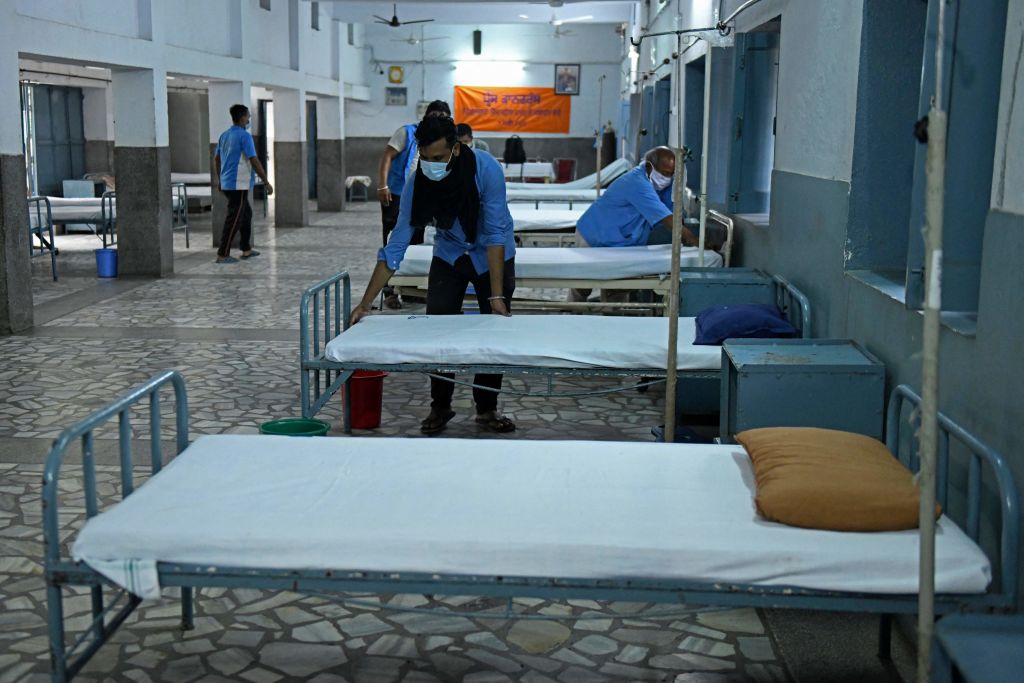 India records 4,000 COVID-19 deaths in a day for 1st time
India records 4,000 COVID-19 deaths in a day for 1st timeSpeed Read
-
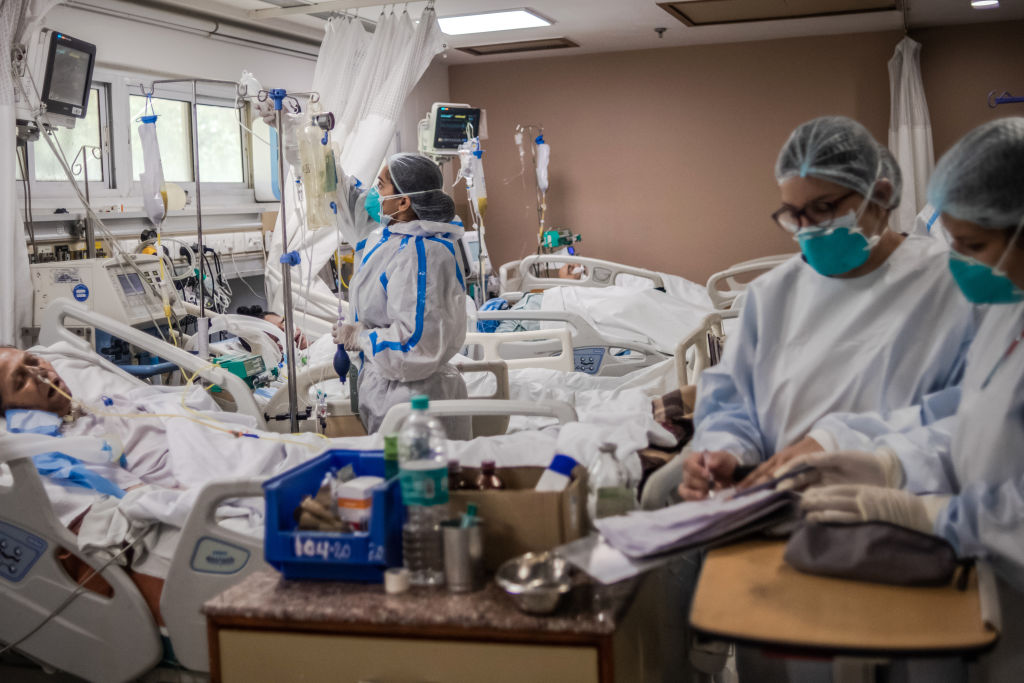 India hits new COVID-19 infection and fatality records as pressure grows for lockdowns
India hits new COVID-19 infection and fatality records as pressure grows for lockdownsSpeed Read
-
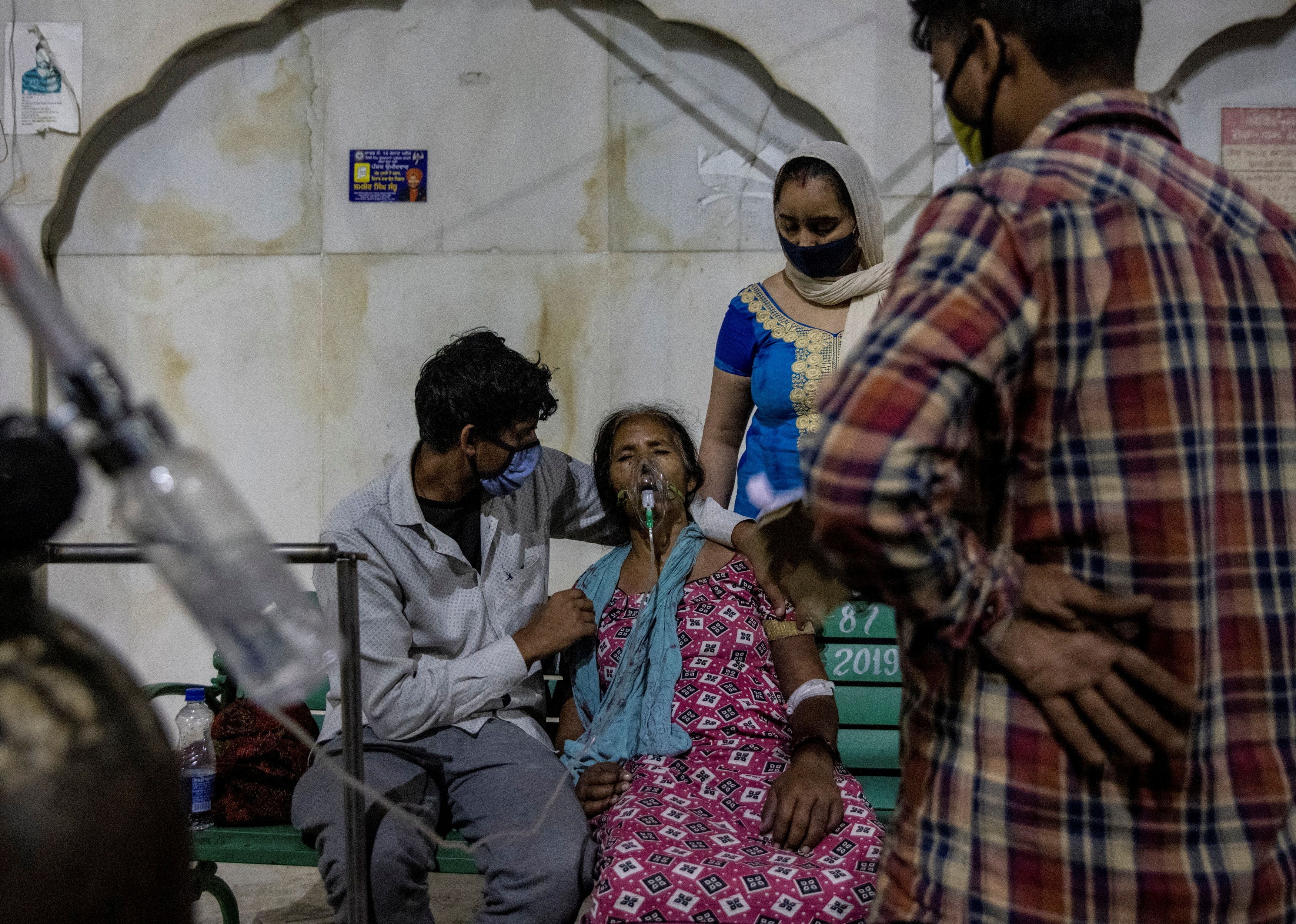 At least 10 people died after Indian hospital ran out of oxygen: 'Everyone was helpless'
At least 10 people died after Indian hospital ran out of oxygen: 'Everyone was helpless'Speed Read
-
 India sets a 5th straight COVID-19 infection record, as U.S. and other countries pledge help
India sets a 5th straight COVID-19 infection record, as U.S. and other countries pledge helpSpeed Read
-
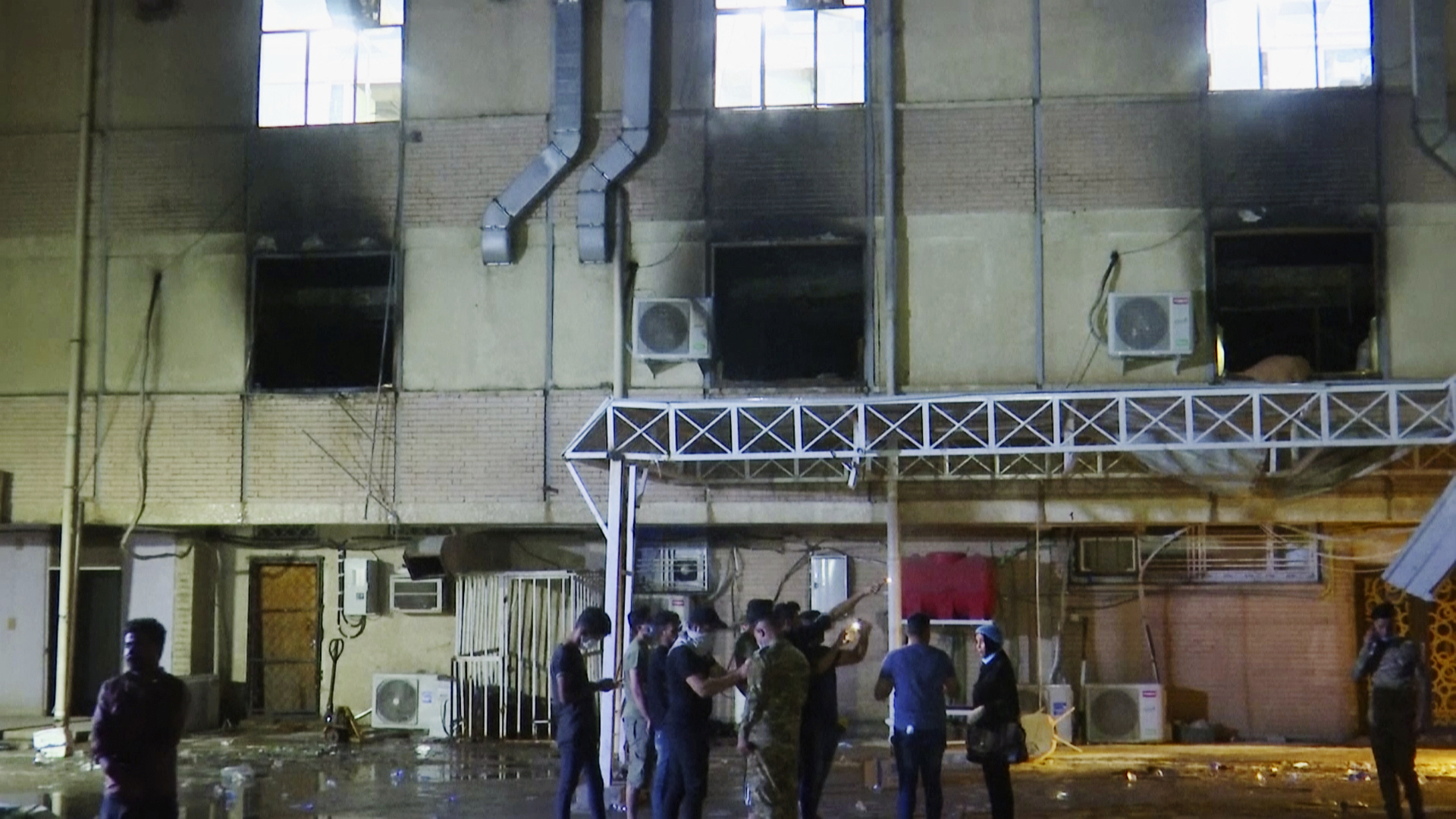 Fire at Iraqi hospital treating COVID-19 patients kills at least 82
Fire at Iraqi hospital treating COVID-19 patients kills at least 82Speed Read
-
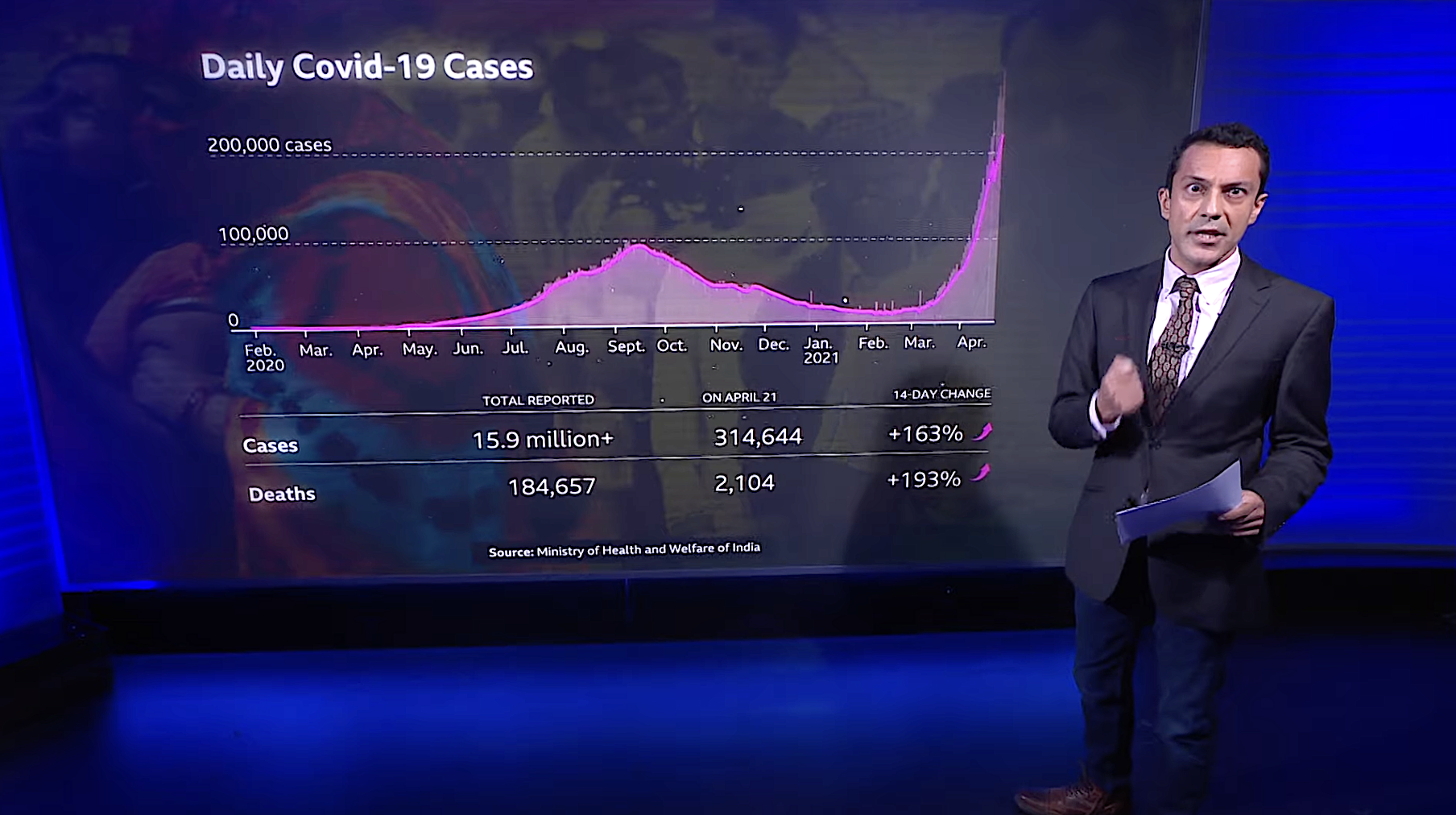 India is running dangerously low on oxygen as COVID-19 cases spike, and crematoriums can't meet demand
India is running dangerously low on oxygen as COVID-19 cases spike, and crematoriums can't meet demandSpeed Read
-
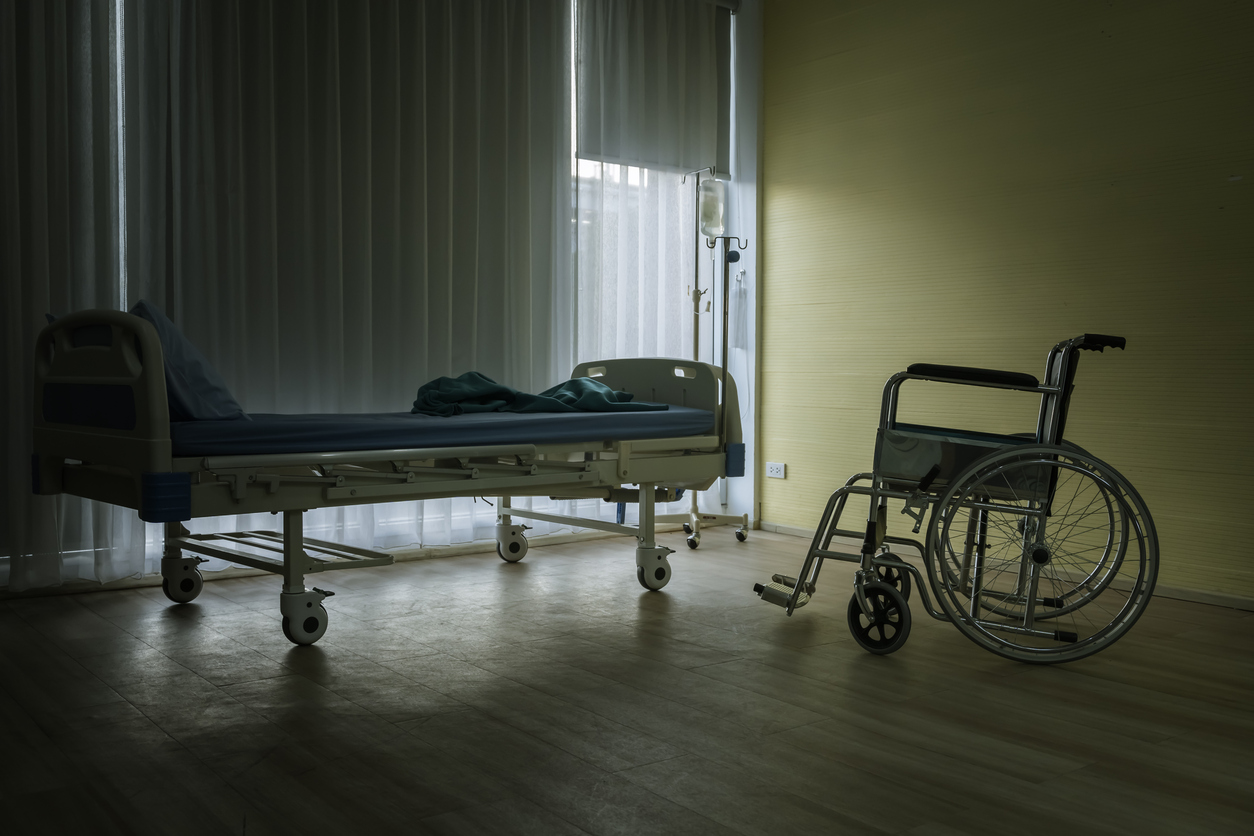 Why COVID-19 deaths were reportedly nearly as likely in 5-star nursing homes as 1-star facilities
Why COVID-19 deaths were reportedly nearly as likely in 5-star nursing homes as 1-star facilitiesSpeed Read
